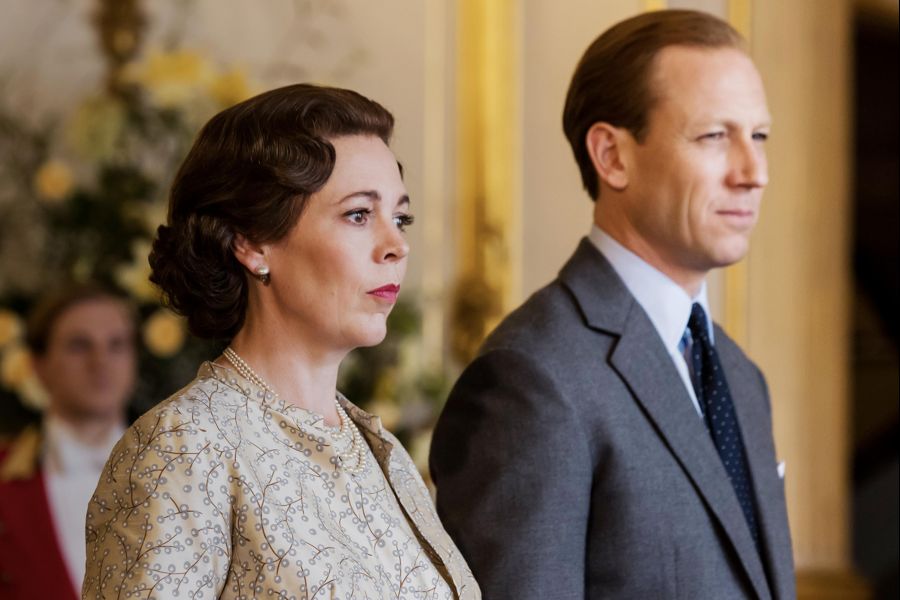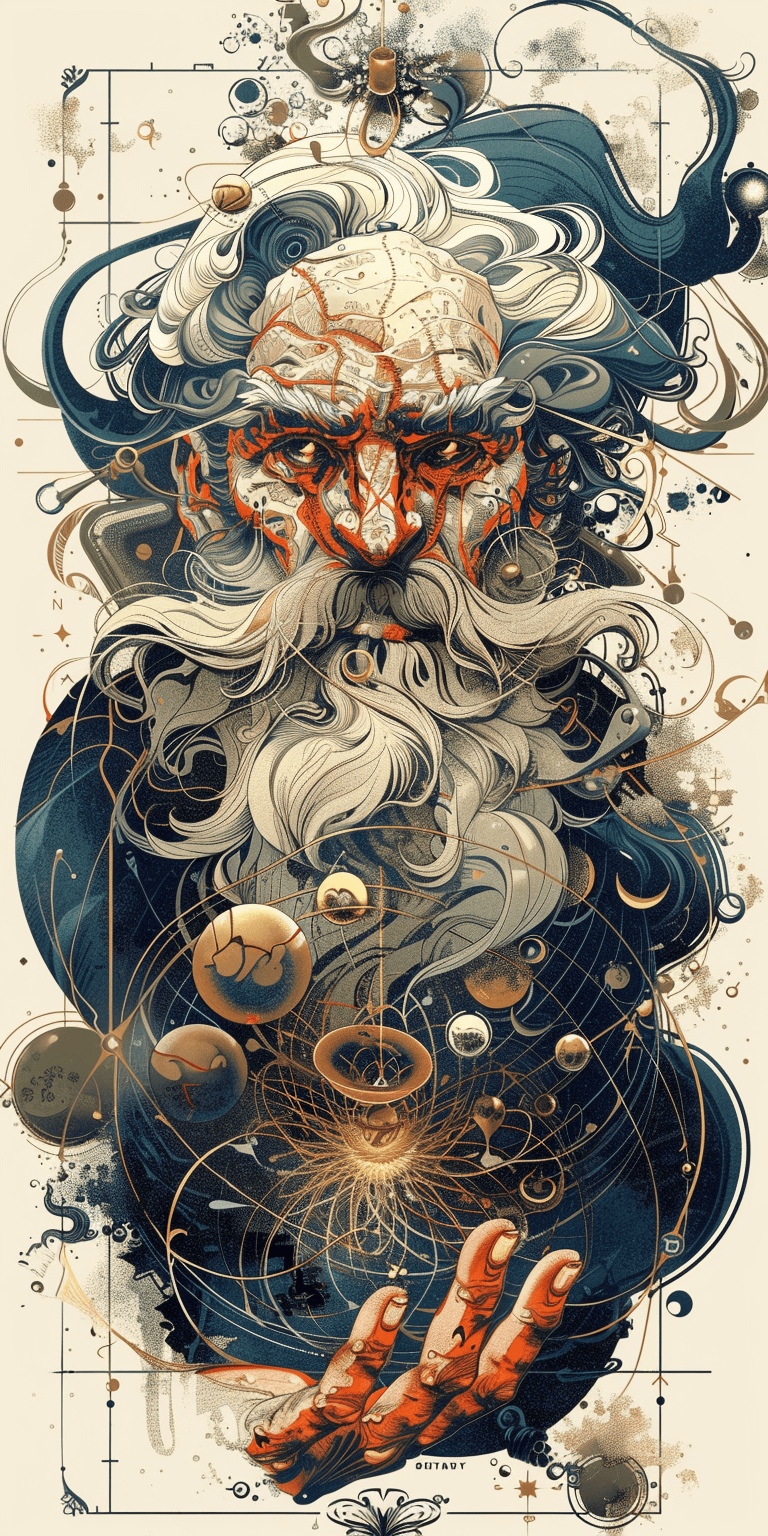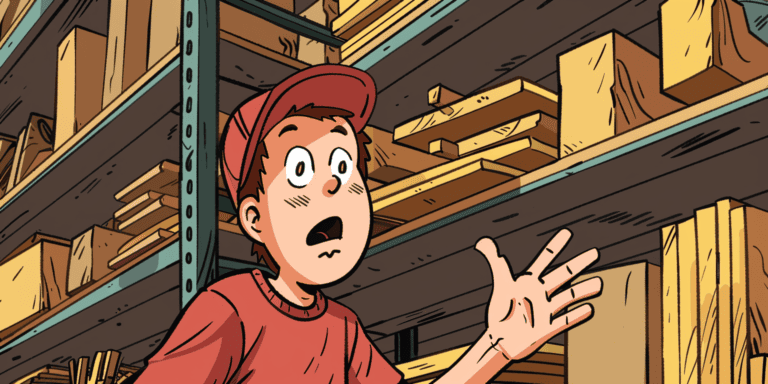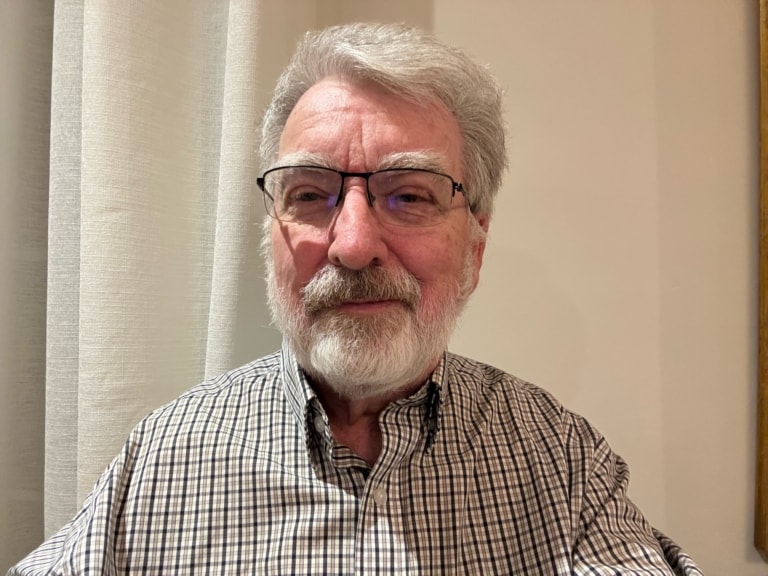David Israelson
Special to The Lake Report
Along with millions of others, I watched “The Crown” on Netflix, but I have a special interest in the newest season’s final episode when Margaret Thatcher resigned — because that’s where I came in.
I mean this literally. I was the Toronto Star’s western Europe bureau chief in 1990 and on my first official full day in London that November, the British prime minister quit.
I was just heading out the door of our flat to go to the Star’s office (at that time) in London’s East End when my wife said to me, “You’d better change your plans.” Changing plans is one thing Mrs. Thatcher and I had in common that day, I guess.
I had to file news stories immediately, so I didn’t get to Downing Street in time to see Mrs. Thatcher whisked away in a limousine, never to return again as PM, a tear rolling down her cheek.
But I did get there in time to talk to some people in the large crowd that gathered on the streets nearby. “I’ve waited more than half my life for this!” said one 17-year-old woman. Mrs. Thatcher had been prime minister for 11 years.
What interests me today is the controversy about “The Crown” over its historical accuracy. Having been there and close enough to get some of the real story, I have a few thoughts about this.
One is that the series does take a few liberties, but that’s OK. It’s a drama, not a documentary.
The series deals a lot with a few points of conflict that make good drama. There’s the tense relationship between the Queen and Margaret Thatcher and the even more difficult relationship between Diana, Princess of Wales and Prince Charles and, well, just about everyone else in the Royal Family at the time.
We know now that the conflicts depicted in the TV series are not entirely fictional. When she was alive, Diana told us as much, maybe sparing us some of the details but letting the public in on some pretty sensational parts.
Who knows what goes on inside anyone’s marriage, let alone the Royals'? All we know is that it took a while for the poison they carried within to seep out. In fact, the few times I saw them in public up close — separately, mind you — they were gracious, friendly and looked interested in the ordinary folks they met.
Perhaps it’s better to just sit back and watch the show and leave it at that.
The Thatcher-Queen conflict, though, while dramatically appropriate, seems less historically accurate. It does appear that there was indeed a complicated relationship between the Iron Lady and Her Majesty, but the idea that the Queen would wade into particular issues seems unlikely.
Getting involved in subjects such as South Africa or economic policy appears to be wishful thinking based on hindsight about what we know now about the evils of apartheid and the harsh edges of Thatcherism.
In fact, when I covered Mrs. Thatcher’s downfall, the British prime minister faced hostility not from the Queen, but from British voters and her own MPs. She had been on the ropes politically for much of the previous year.
She had tried to bring in a local “poll tax” that many people found inequitable and onerous, leading to widespread and frequent protests. Interest rates were at 15 per cent, which sounds crazy now but even then was high compared with Canada.
Thatcher faced open rebellion within her party. I watched her speak at her party conference shortly before she quit and she was defiant and articulate — but there was an air of “sooner or later, she needs to go” in the Tory audience.
“I fight on. I fight to win,” she said in November 1990. A few days later the limo took her away.
Whatever the Queen really thought, it’s noteworthy that she attended Mrs. Thatcher’s funeral in 2013, one of only two prime ministers’ funerals she has ever shown up at personally. The other was Winston Churchill’s.
So yes, there are liberties with the truth in the TV series — imagined private conversations, shouting matches, events out of sync with what actually happened and so on. This does create some reasonable concern in today’s post-truth age.
Facts seem to matter less today. This suggests that “The Crown” will eventually become people's historical record. People today and future generations will think that whatever happened on the TV show is what actually happened to the Queen, the Royal Family, the PM, Princess Diana and Britain itself.
This is an age-old problem that didn’t begin with “The Crown.” It’s really a communications issue.
It is said that history belongs to the winners, but it also belongs to whoever tells the stories best.
David Israelson is a non-practising lawyer, writer and communications consultant who lives Niagara-on-the-Lake. Follow him on Twitter @davidisraelson and on LinkedIn.










